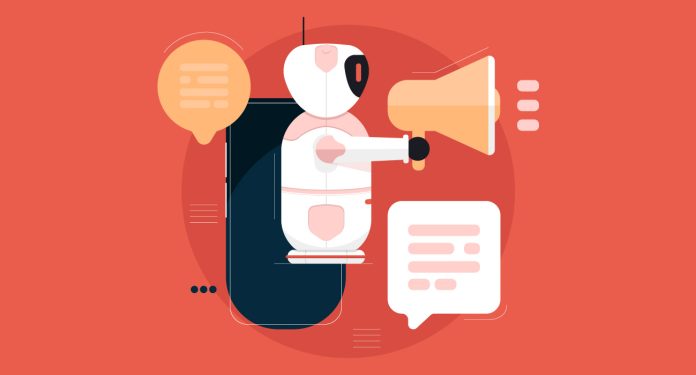Barclays downgraded ad holdcos, citing short-term AI disruption. AI reshaping ad agencies is clear, but long-term adaptation and new opportunities await.
Barclays analysts have downgraded the stock of several major advertising holding companies, saying the industry will continue to see low growth as artificial intelligence fundamentally changes it.
They and other analysts, however, struck a more positive tone on the sector in the long run, arguing that agencies will adapt and AI will create new opportunities.
The Barclays analysts said that dozens of agency meetings at the ad industry’s annual five-day Cannes Lions festival on the French Riviera in June mainly focused on AI and did not project much short-term strength for the industry.
AI poses many new questions and challenges to ad executives, including what happens to their system of hourly billing when technology makes their work much faster. It might also make both their craft and science so accessible that marketers feel less need to hire agencies in the first place.
Consumer health products company Opella, for example, operates an AI “factory “ that produces advanced care planning materials for medical professionals alongside the hundreds of webpages, images, and Instagram posts it generates daily.
“We have been longstanding agency bulls…but we came away from all these meetings more bearish than before,” the Barclays analysts wrote in a research note last week. “While we still believe that agencies will adapt, survive and ultimately thrive (the questionable industry joke often told goes ‘we are cockroaches, not dinosaurs’), it will take time, money and good execution. We therefore see the current low growth persisting for longer than we initially thought.”
Barclays downgraded the stocks of ad giants Interpublic Group and Omnicom Group, which are poised to merge this year, along with that of London-based WPP. It maintained its rating on Publicis Groupe, which it said has been a leader in recent times in organic growth and client wins.
“While we remain positive over the long term, we now do believe that a period of transition means that the current lackluster growth of [circa] 2% for the top six should continue in the short term and operating performance should be more contrasted than usual, as it often is in periods of dramatic changes,” the analysts wrote.
In recent years, the major ad agency holding companies have sought to show clients, investors, and analysts that they have access to the latest and greatest technologies and prove that what they do can’t be easily or entirely replaced by the onslaught of new AI tools.
But AI continues to encroach on agencies’ traditional remits. Meta Platforms, for instance, plans to release AI tools by the end of 2026 that will automate the entire process of creating and placing ads on Facebook and Instagram.
Barclays was optimistic about agencies on that front, saying that Meta won’t replace agencies partly because the social-media company primarily serves small businesses instead of the big-budget advertisers that are agency clients.
BofA Global Research analysts said in their own note that even though there’s an investor perception that AI increases the risk marketers will take agency tasks in-house, many marketers themselves seem to be playing down that possibility.
“Agency holdcos have a deeply ingrained tradition of adaptability and partnerships,” they wrote, citing agreements announced at Cannes, including WPP’s deal to use TikTok’s AI tools and new Omnicom partnerships. The ad giants “have previously demonstrated they can navigate changes and risks well,” BofA Global Research said.
AI in some ways has the potential to expand the ad industry over time, Goldman Sachs analysts said last week.
They wrote that AI-driven improvements in personalization and targeting could significantly improve advertisers’ return on their current spending, perhaps unlocking larger ad budgets as advertisers redeploy those greater returns into other ad channels.
Goldman Sachs added that more businesses might be able to advertise with less of a financial burden than before.
“AI automating many aspects of the advertising value chain and lowering barriers to entry into certain channels or ad formats for advertisers may expand the number of businesses globally that deploy ad spend,” its analysts wrote.










